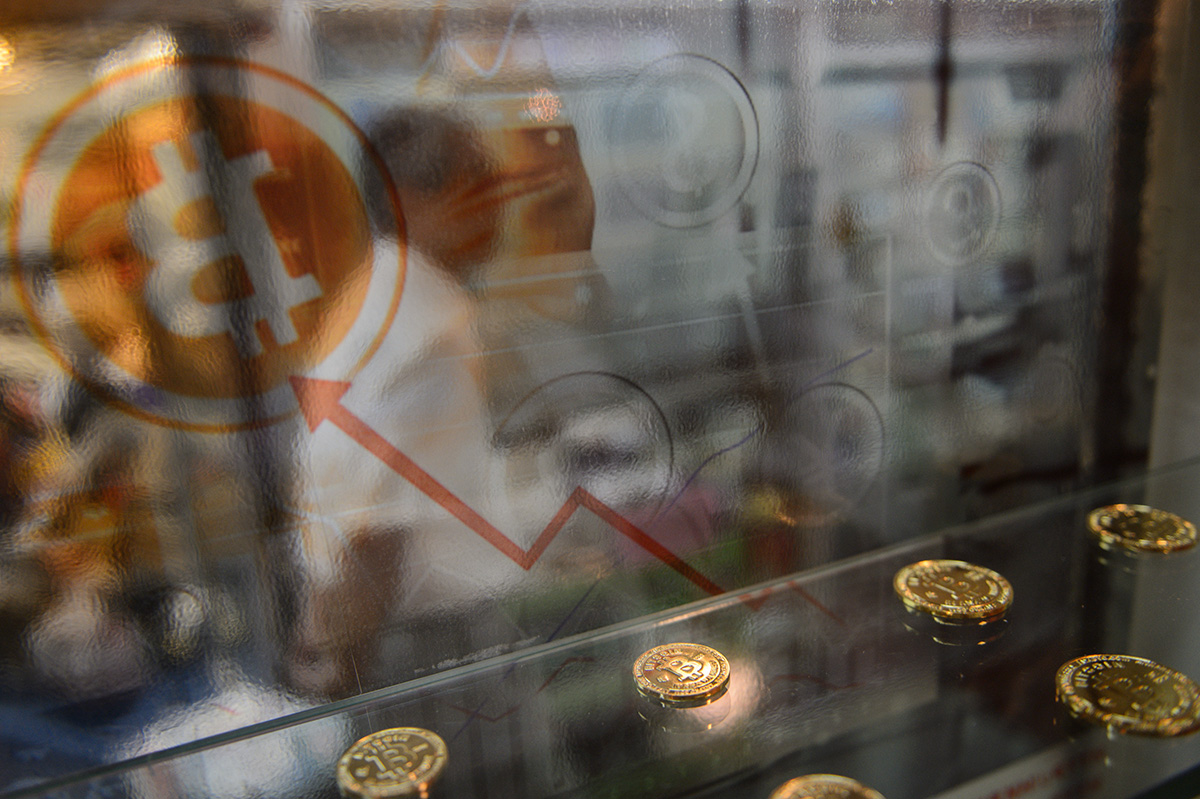Earlier this week, the world was bombarded with unfavourable news about bitcoin. Chinese media outlet, Caixin, posted an article that said China is planning to shut local bitcoin exchanges. If the report is true, this would be the PBoC's (People’s Bank of China) second move against cryptocurrency in less than a week. The bank declared ICOs (Initial Coin Offerings) illegal on September 4, 2017, which caused bitcoin prices to fall seven percent on September 8, 2017. However, the price of the cryptocurrency is still up nearly 350 percent year-to-date. Bitcoin is valued at 4,128.40 dollars, at the time of publication.
For the uninitiated, bitcoin is one of the first digital currencies to operate through the peer-to-peer technology in order to facilitate instant payments. The independent individuals and companies who own the governing computing power and participate in the bitcoin network, also known as "miners," are motivated by rewards (the release of new bitcoin) and transaction fees paid in the cryptocurrency. Its website also claims that bitcoin is different than any currency that are currently in circulation as it differs from government issued money that can be inflated at will. There are no physical bitcoins, only balances kept on a public ledger in the cloud, that – along with all bitcoin transactions – is verified by a massive amount of computing power.
Apart from China, other countries have also started responding to the rise of this cryptocurrency - while some may be more favourable than others. Forbes reported that "Russian institutions went from preparing the Moscow Stock Exchange for the legal trading in cryptocurrencies like bitcoin and ether, the two most popular ones used in Russia, to coming a hair away from following in China's footsteps and banning ICOs, a cryptocurrency funding mechanisms for new tech companies."
The UK’s FCA (Financial Conduct Authority) has also stated that it is “keeping a close eye on Initial Coin Offerings." The FCA concluded that many initial coin offerings are likely to fall under the FCA’s regulator jurisdiction due to the likeness between IPOs (initial public offerings) and ICOs.
In Malaysia, the SC (Securities Commission Malaysia) said that it is difficult to verify the authenticity of an ICO and to recover investments that may be subjected to foreign laws or regulations. On top of that, there is a lack of regulation and legal protection for the investors. It is also concerned over possible money laundering and terrorist financing risks.
Meanwhile in Singapore, the MAS (Monetary Authority of Singapore), which is the central bank of the island nation, has moved to regulate digital currencies with an aim to protect ICO activities. “The function of digital tokens has evolved beyond just being a virtual currency. For example, digital tokens may represent ownership or a security interest over an issuer’s assets or property,” MAS said in a statement posted on its website.
Further south, bitcoin is still not recognised as a legal tender in Indonesia. Oscar Darmawan, the CEO of Bitcoin Indonesia said that he will leave this decision entirely to the BI (Bank Indonesia), the central bank of Indonesia. He added that the organisation has always adhered to existing regulations in the country.
